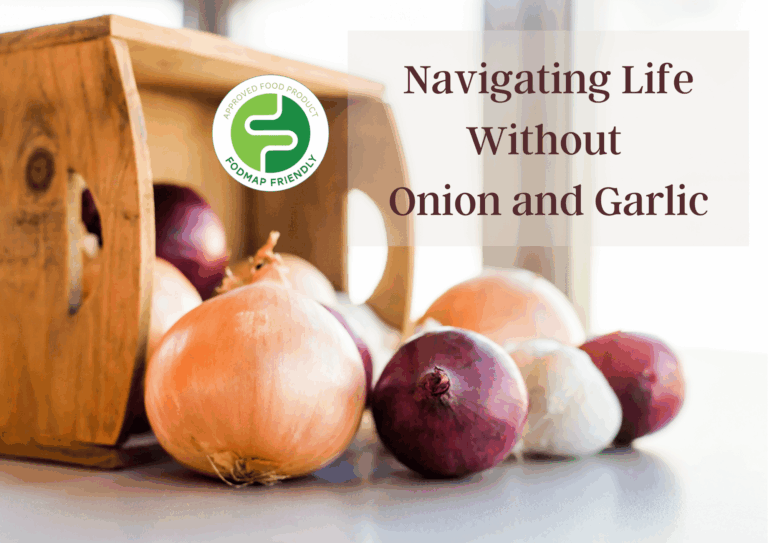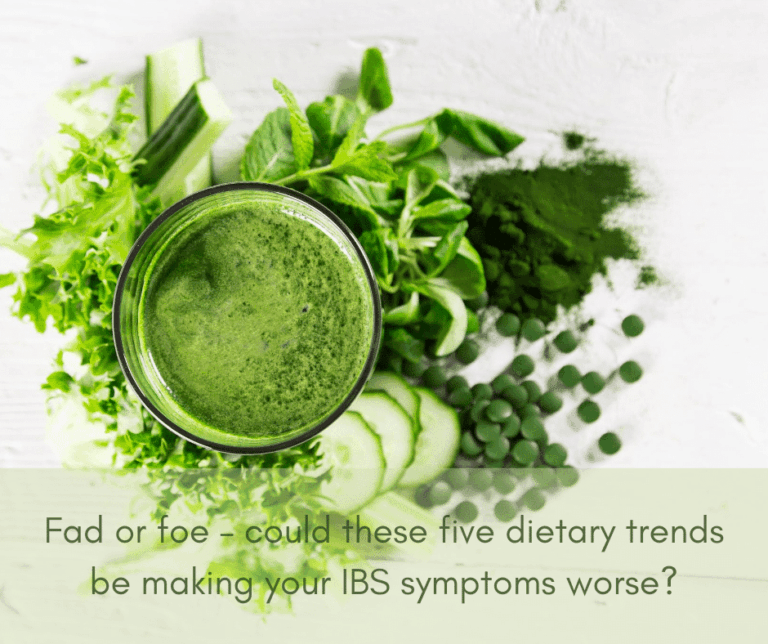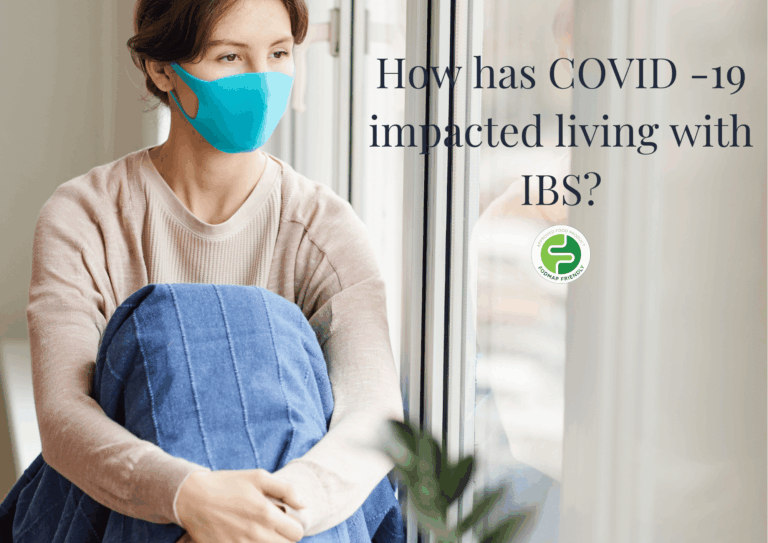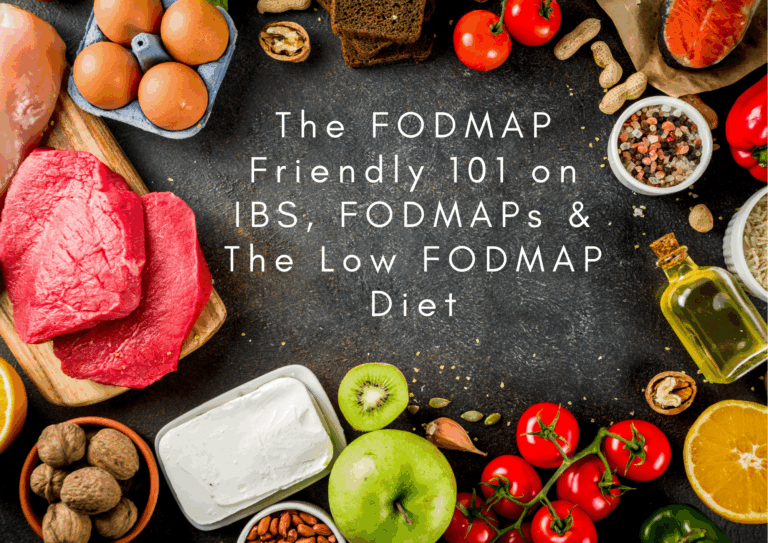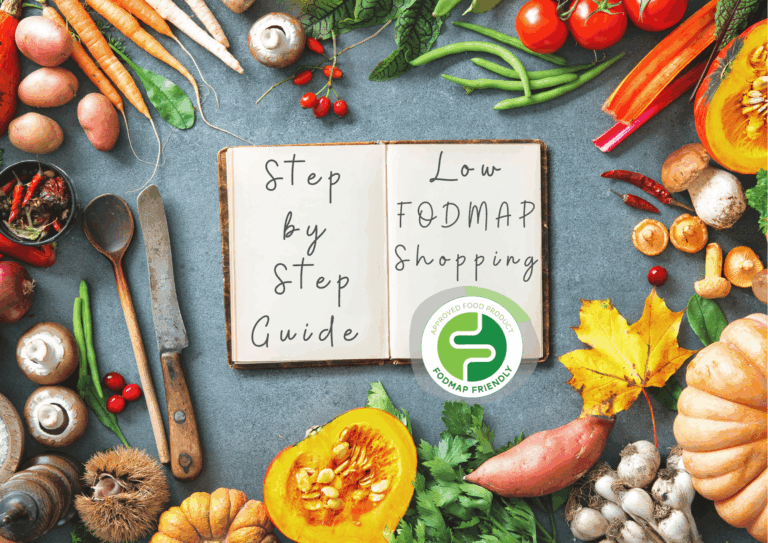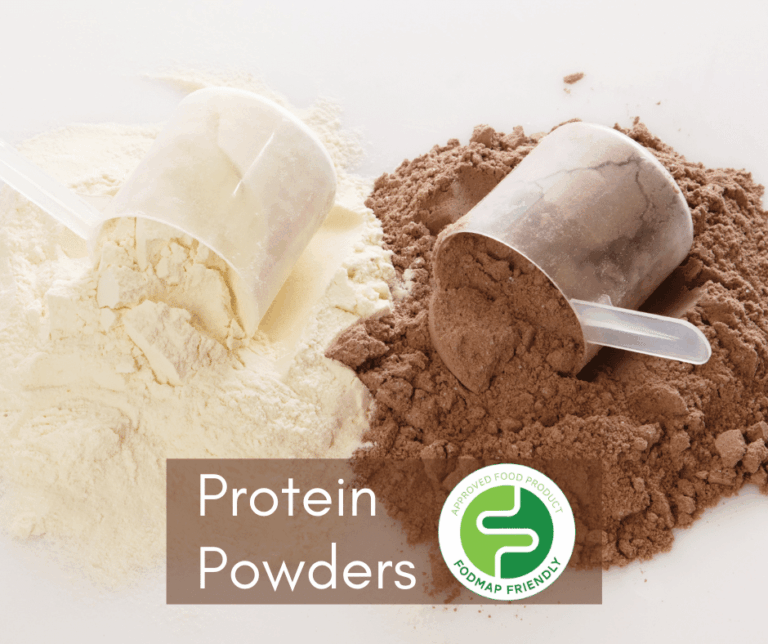Endometriosis, Polycystic Ovarian Syndrome (PCOS), and IBS are three conditions which share similar symptoms. It is not uncommon for women to have IBS and either PCOS or endometriosis. Because of this, women are often misdiagnosed with IBS before a correct diagnosis is made. Therefore, it is important to understand your symptoms and know when to speak up when you think there may be more going on.
What is Endometriosis, PCOS, and IBS?
Endometriosis is a chronic, inflammatory gynaecological condition that can cause significant pain and infertility. It may cause tissue, which is normally only found in the uterus, to grow in other areas of the body such as the fallopian tubes and ovaries. The cells of this tissue may become lesions that respond to hormones associated with the menstrual cycle. This can trigger an inflammatory response that leads to pain. This tissue can also grow in the bowel which can contribute to IBS-like symptoms.
PCOS is a complex hormonal disorder, common among women of reproductive age. There is no real cause or cure. However, it is thought to be a combination of genetic and environmental factors. Women with PCOS may have infrequent or prolonged periods, excess male hormone levels or develop follicles on their ovaries leading to a failure to release eggs.
IBS is a functional gastrointestinal disorder. This means that there are abnormalities in the function or motility of the gut, with no visible or measurable damage to the digestive system. 1 in 7 people are diagnosed with IBS worldwide and it is more commonly diagnosed in women than in men.
What are the symptoms?
Endometriosis, PCOS, and IBS share common symptoms. This overlap often presents challenges for Doctors trying to make a diagnosis and can sometimes lead to diagnosing the wrong condition. A common symptom for both endometriosis and IBS is visceral sensitivity. This can cause a lower pain tolerance for abdominal or pelvic pain and nerve endings may be more sensitive. This can lead to a heightened response to pain.
Other symptoms of IBS, PCOS, and endometriosis can include:
- Abdominal cramping
- Bloating
- Diarrhoea/constipation
- Nausea
- Pain with bowel movements
- Reduced quality of life
It is important to recognise the symptoms specifically related to endometriosis and PCOS so you can discuss this with your doctor and assist them making the correct diagnosis.
Specific symptoms of endometriosis include:
- Pain referred to the back and pelvis
- Painful periods
- Pain during sexual intercourse
- Exacerbation of bowel symptoms with menstruation
- Primary family member with endometriosis
- Difficulty conceiving
Symptoms related solely to PCOS include:
- Irregular and heavy periods
- Excess androgen (male hormones) which can lead to acne, male-pattern hair growth, abdominal obesity and alopecia
- Polycystic ovaries
Women must have at least two of these symptoms for a diagnosis of PCOS to be made.
To make it even more complicated, PCOS and endometriosis also share common symptoms and both conditions can also coexist with or without IBS. These shared symptoms include:
- Heavy and irregular periods
- Infertility
- Infrequent periods
- Fatigue
- Depression and anxiety
So, what is the link?
If you are experiencing any of the above symptoms, endometriosis and PCOS must be ruled out before an IBS diagnosis is made. As mentioned above, it is possible to have both conditions, and unfortunately if you have one, you are at a higher risk of having the other. One study showed that women with endometriosis were 3.5 times more likely to be diagnosed with IBS than women without. PCOS is also associated with an increased risk of IBS.
It is hard to pinpoint exactly why some women are at higher risk until the root cause of IBS, PCOS and endometriosis is known. However, there are several commonalities between the three conditions which can give us some clues. These include:
- Hormone imbalances
- Gut dysbiosis (when the normal balance of bacteria is disrupted in the body)
- Visceral hypersensitivity (a very sensitive gut caused by overactive gut-brain communication)
- Chronic inflammation throughout the body
- Stress, anxiety and depression.
Take home messages:
Firstly, DO NOT self-diagnose your condition. If you suspect you have IBS, see a Doctor, and get a formal diagnosis before you start any treatment. If you suspect you have endometriosis or PCOS, ask your GP for a referral to a gynaecologist.
Secondly, if you have been diagnosed with any of these conditions, following a low FODMAP diet may assist in managing symptoms. The low FODMAP approach is well known for managing IBS symptoms alone; however it may also be beneficial for those with endometriosis. One study looked at the effectiveness of a low FODMAP diet on symptom management among women with IBS alone or in conjunction with endometriosis. The findings showed that 72% of women with endometriosis had more than 50% improvement in bowel symptoms. Symptom relief had also been shown in women with both PCOS and IBS, however more research is needed in this area.
If you have IBS and either endometriosis or PCOS and think a low FODMAP may be of benefit to you, seek guidance from an Accredited Practising Dietitian who is trained in both FODMAPs and PCOS and/or endometriosis. They will support you and offer a personalised approach to meet your goals and improve your quality of life.
Written by Jane Martin (Accredited Practising Dietitian)





